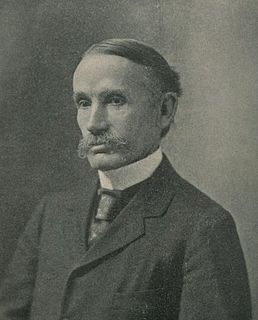A Quote by John Grisham
I give off rather mixed messages about the law. On the one hand, I can honestly say I don't miss working in a law office. On the other hand I do enjoy watching the law and while the profession may have its problems, I have sold zillions of books out of magnifying them.
Related Quotes
If you just needed the skills to pass the bar, two years would be enough. But if you think of law as a learned profession, then a third year is an opportunity for, on the one hand, public service and practice experience, but on the other, also to take courses that round out the law that you didn't have time to do.
The law is equal before all of us; but we are not all equal before the law. Virtually there is one law for the rich and another for the poor, one law for the cunning and another for the simple, one law for the forceful and another for the feeble, one law for the ignorant and another for the learned, one law for the brave and another for the timid, and within family limits one law for the parent and no law at all for the child.
The time has been in Israel under the law of God, the celestial law, or that which pertains to the celestial law, for it is one of the laws of that kingdom where our Father dwells, that if a man was found guilty of adultery, he must have his blood shed, and that is near at hand. But now I say, in the name of the Lord, that if this people will sin no more, but faithfully live their religion, their sins will be forgiven them without taking life






































